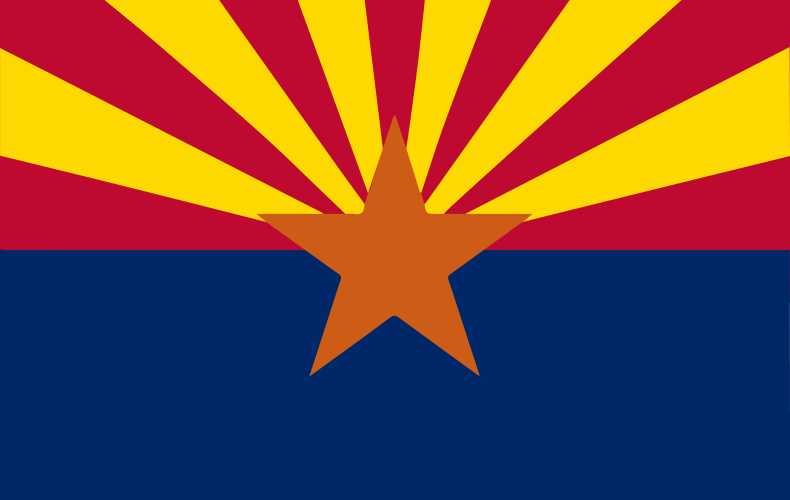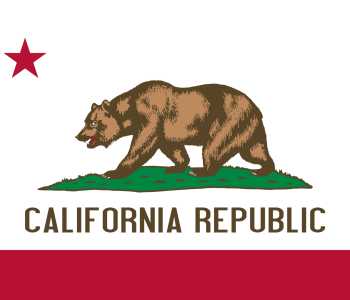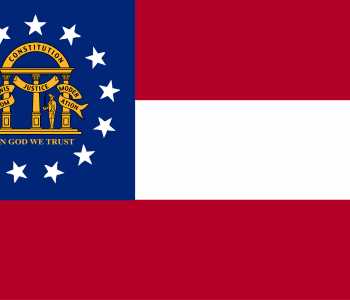Arizona Business License

Im a new Text block ready for your content.
1) Tax Registration For Small Business Owners In Arizona
Most people looking to start a small business understand that certain tax withholdings are applicable to most all businesses. Income tax withholdings are a good common-knowledge example. However, there are other taxes that are specific to the type of service offered by the business.
Current and prospective small business owners in Arizona need to understand that they’re required by law to register for service-related taxes. Few businesses escape at least one service-related tax. Depending on the type of business in question, the owner may even need to register for and pay multiple service-related taxes.
If you’re a microbrewery, domestic farm winery, or other liquor distributor in Arizona, then you’ll need to register for and pay the state’s liquor luxury tax. If you sell cigars, cigarettes, or other wholesale tobacco products, then you’ll need to register for and pay the state’s tobacco luxury tax. Even Arizona’s bingo operators are subject to a bingo tax.
As you can see, the taxable list of services is quite extensive. Local tax laws are also subject to updates and changes that may alter a business’s service-tax status. Visit the State of Arizona Department of Revenue’s website for a complete listing of possible taxes and their newsletter archives for any applicable updates and changes.
2) Arizona Business Licenses And Permits
In addition to paying service-related taxes, Arizona’s small business owners are required by law to seek permits and/or licensure at the state level to offer certain services. Again, this isn’t applicable to all businesses, but it can also mean that the business requires multiple state licenses/permits to legally operate within the state.
In most cases, Arizona businesses will fall into one of three state licensure and permit categories:
- Regulatory or Professional and Special Licensing and Permits
- State and City Transaction Privilege Tax Licenses
- Local Business/Occupational Licenses and Permits
Small business owners should use the State of Arizona Department of Revenue‘s Licensing and Taxes page to determine if and what type of state licensing and permits are required to operate their business.
Grey Box Section Title
Arizona’s licensure and permit requirements for small businesses extend to the local government, too, meaning the city or county the business is located within may have their own set of requirements that are in addition to those at the state level. And, that’s often the case.
Here at some of the most commonly required by Arizona municipalities:
- Business License and/or Tax Permit
- Occupational Permit
- Alarm Permit
- Signage Permit
- Building Permit
- Zoning Permit
- Health Permit
4) Incorporation Filing In Arizona
Corporations, partnerships, limited liability companies, and non-profit organizations forming an Arizona business are all required by law to register with state officials. Depending on the type of entity the business is classified as, registration is either completed with the Arizona Corporation Commission or Arizona Secretary of State. Both websites contain helpful publications on the process and online application forms.
5) Operating A Sole Proprietorship Business In Arizona
Husband and wife small business owners should realize that the state of Arizona classifies their business as a sole proprietorship.
While sole proprietorships do not need to register with the state in Arizona, the owner(s) and business become synonymous with each other. In other words, the business and personal identity of its owner are one in the same within Arizona’s classification and legal system. This presents a liability risk to sole proprietors in that their personal assets are not separated from their business assets concerning lawsuits within Arizona’s court system.
Many Arizona small business owners circumvent this risk by registering for a trade name. The trade name separates the owner’s personal identity and finances via a fictitious business name. The Arizona Department of State website has more information and the applications for trade names and trademarks.
Arizona Employer Requirements
6) Employer Withholding Of Income Taxes
According to the IRS, all employers should retain employment tax records for no less than four years after filing, which should include:
• Employer’s tax identification number.
• Record of tax withholding allowance certificates on all employees.
• Record of full legal name, contact information, social security numbers for all employees.
• Record of any annuities, pensions, and wage information on all employees.
Small business employers with any doubts on what tax-related and business records should be retained should visit the IRS website. Their small business portal offers many helpful tips on record management, tax preparation, and basic business decisions to keep businesses out of tax trouble.
7) W-4 and W-2 Forms For Arizona Small Business Owners
Employers in Arizona should receive a signed copy each employee’s Form W-4, which is a withholding exemption certificate. The employer then submits this form to the IRS.
By January of each year, employers are also responsible for providing employees with a Form W-2, which documents the employee’s paid wages and taxes from the previous year. Copies of Form W-2 on each employee are required by the Social Security Administration no later than the end of February.
Business owners can gather more information about their employee tax form obligations from the the IRS website’s Employer Tax Guide webpage and the Social Security Administration’s Employer W-2 Filing Instructions page.
8) Employee Eligibility Verification (Form I-9) For Arizona Small Business Owners
Form I-9 documents that an employee is eligible to legally work in the United States. A copy of the blank form can be found on the United States Citizenship and Immigration Services website.
All Arizona employers are required to have new employees complete the form within three days of employment. The employer retains the form for their records.
9) New Hire Reporting For Arizona Small Business Owners
Starting a new business can be daunting, especially when multiple employees are at work and need to be managed. Arizona New Hire Reporting Center website offers helpful information on employee management.
This is also the entity all Arizona business owners must report to for all new and returning hires. The electronic reporting process makes it fast and easy, but the employer will need certain personal information, including name, social security number, and home address, on the employee to complete the process. Employers have 20 days from hire to make the report.
10) Insurance Requirements For Arizona Small Business Owners
Employing others results in the business being responsible for additional insurance-related taxes. Worker’s compensation, for example, is an insurance that provides employees hurt on the job or sick due to work-related illness financial assistance. Unemployment insurance, which offers unemployed workers looking for jobs financial assistance, is another example.
For more information about employer requirements and how these taxes apply to Arizona’s small business owners, visit the Industrial Commission of Arizona website and the Arizona Department of Economic Security website.
test FAQ
What is the Arizona business license?
Arizona does not require all businesses to have a license. Some businesses may need more than one. It all depends on what type of business activity you are engaging in with your new company. Arizona may require you to get a business license from both the state and your local county.
What Arizona state business licenses will I need?
Your business activity may be subject to Regulatory Transaction Privilege Tax (TPT) (for professional/special activities) and/or business/occupational licensing. You should first find the Arizona agency that requires licensing, certification, or permits to conduct business activities in Arizona. You can search the Guide To Taxes for Arizona Businesses if you're unsure which agency you should choose. The majority of these links will direct you to the home page of the relevant agency. You can find information about licensing and other requirements for business activities on agency websites under terms such as Licensing Permits Certifications Applications and/or Forms. If you want to open an assisted living center or home, you must apply for an Assisted Living License from the Department of Health Services. You will need to submit both an application for construction and modification, as well as an application for licensure.
What is Transaction Privilege Tax (TPT)?
A State Tax License, also known as sales and use tax, is sometimes referred to by the term Transactional Privilege Tax (also known as TPT, wholesale, vendor, or business license). This license is required if your business involves an activity that is taxable under TPT. You must have a separate license for each location of your business if it falls within the TPT guidelines. To find out if your business is subject to Transaction Privilege Tax, visit the Arizona Department of Revenue website
What licenses are required to do business in a particular city?
How can I find out which category my business is in?
How can I get an Arizona state business license?
What information is required to get an Arizona state business license?
- Type of license
- Ownership
- Federal Employer Identification Number
- Name of the Business
- Address
- Information about TPT
- Date business began
- Date sales began
Do I have to pay a fee?
The fees for your state license will differ depending on where you do business. Fees for each city will differ. Cave Creek's fee is $20, while Sedona's only charges $2.00. The fee for the state is $12 multiplied by the number of places your business is located.
What type of business license is required in my county or city?
Local licensing may be required depending on the city, town, or county. Examples include alarm businesses, amusements, liquor, Pawnbrokers, and Pet Grooming. To find out about any restrictions or requirements in your area, it is important that you check with the incorporated cities/towns where your business is located. It is a good idea to consult the local city websites when applying for a business license. A business license is commonly known as a Privilege sale and uses tax at the local level. Many city websites offer links to Business Licensing and useful guides for starting your business. Two types of licenses are usually available through cities: the Privilege Sales/or/ Use tax and the Regulatory & Liquor license. The application forms are easy to fill out and available online via the city websites.






